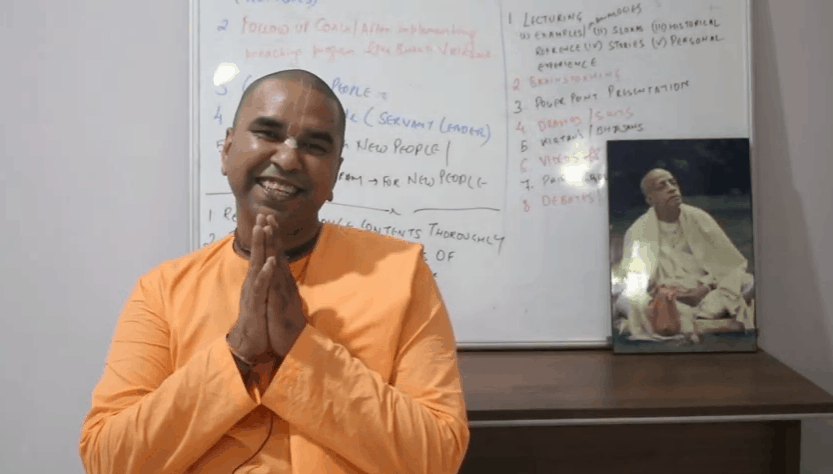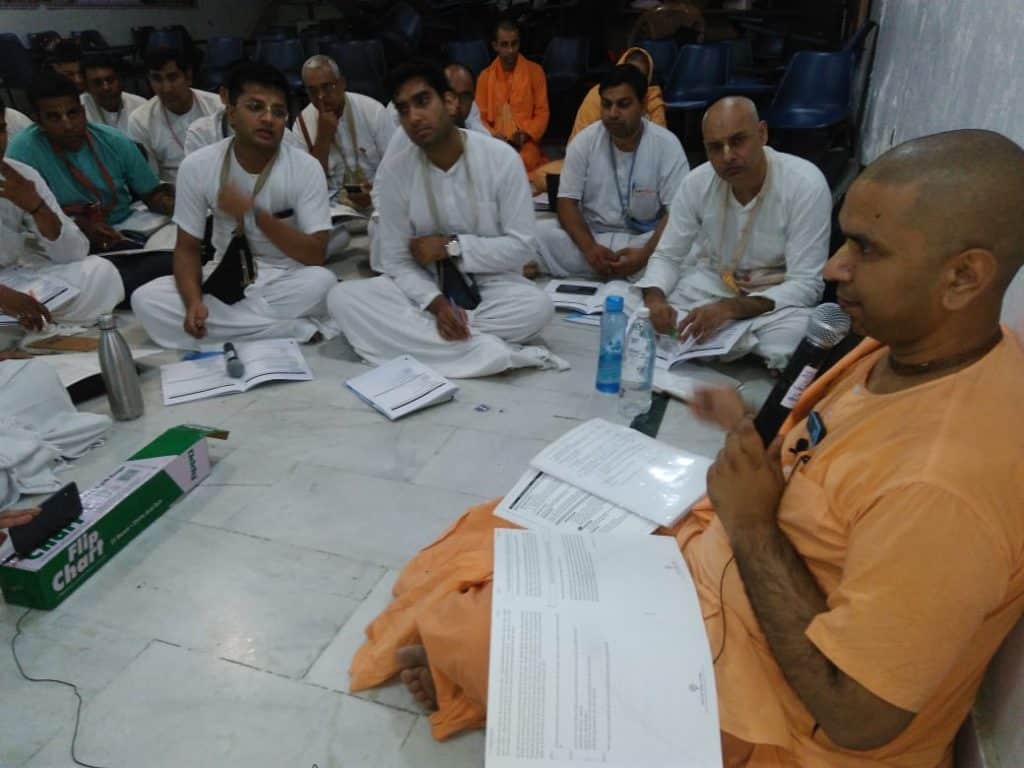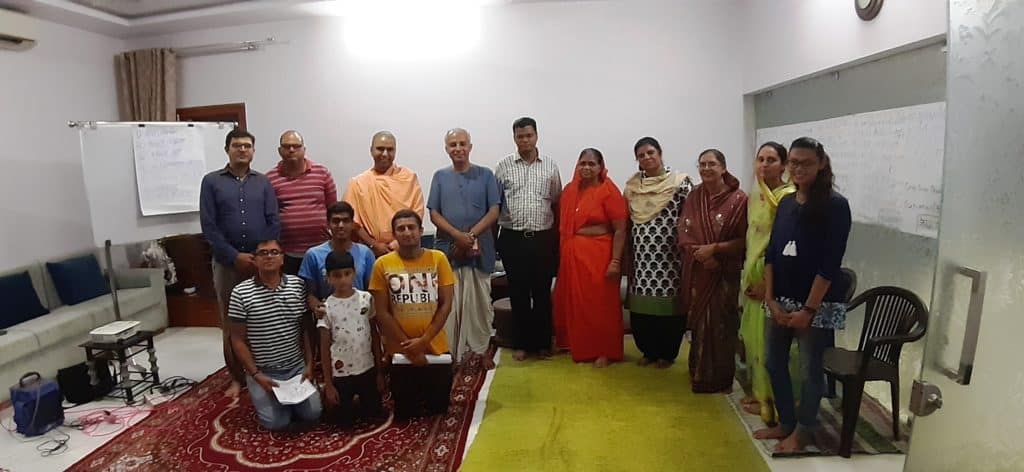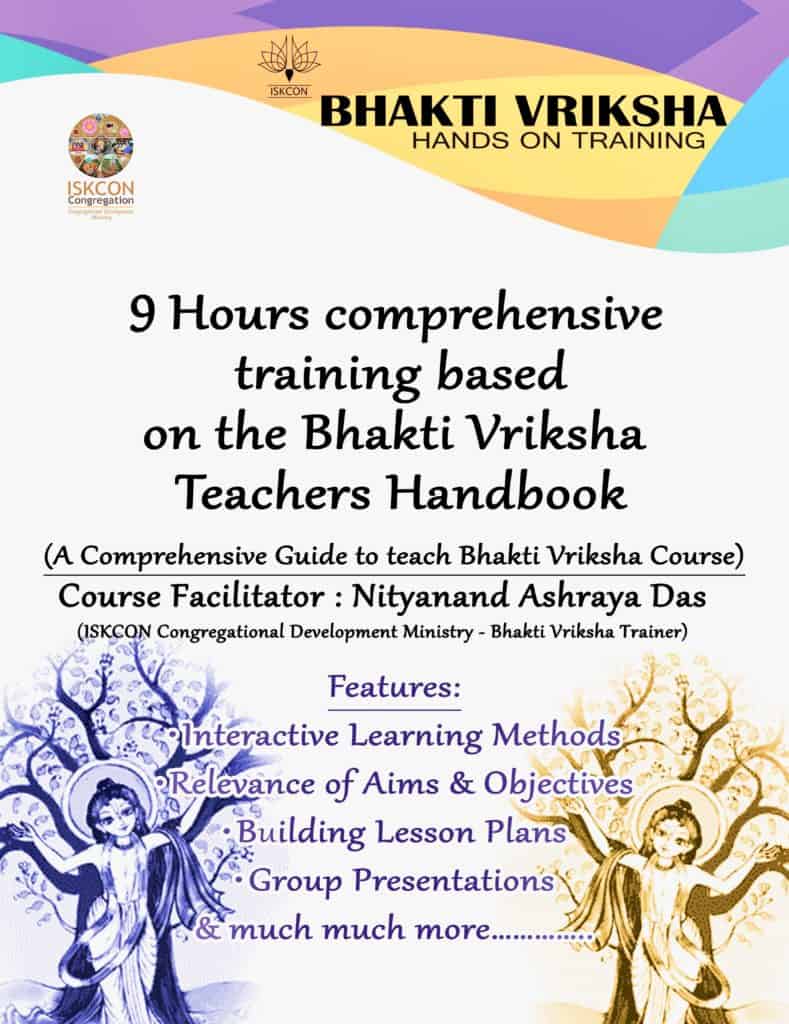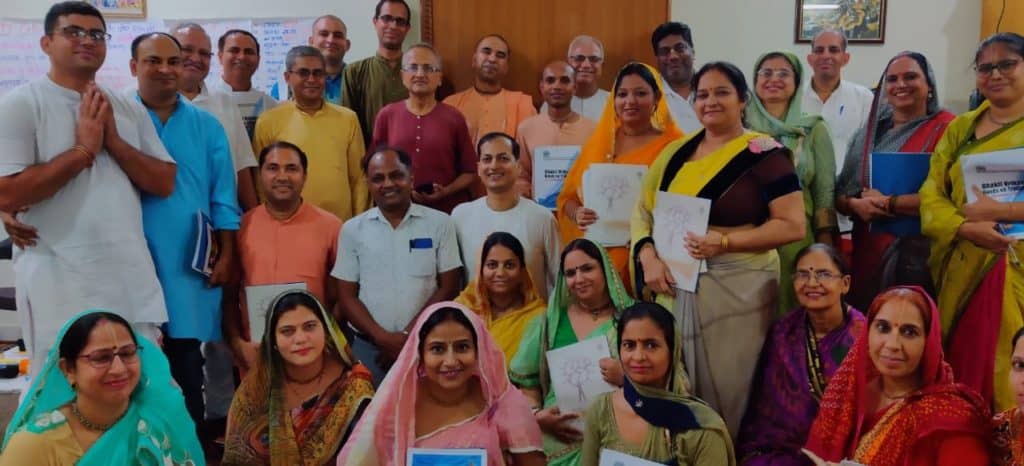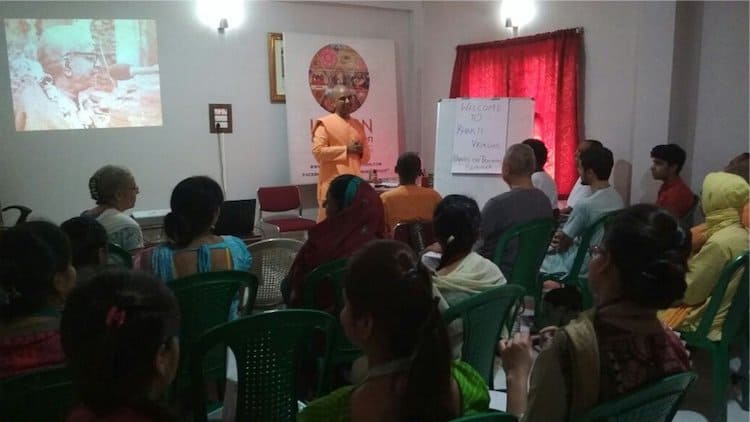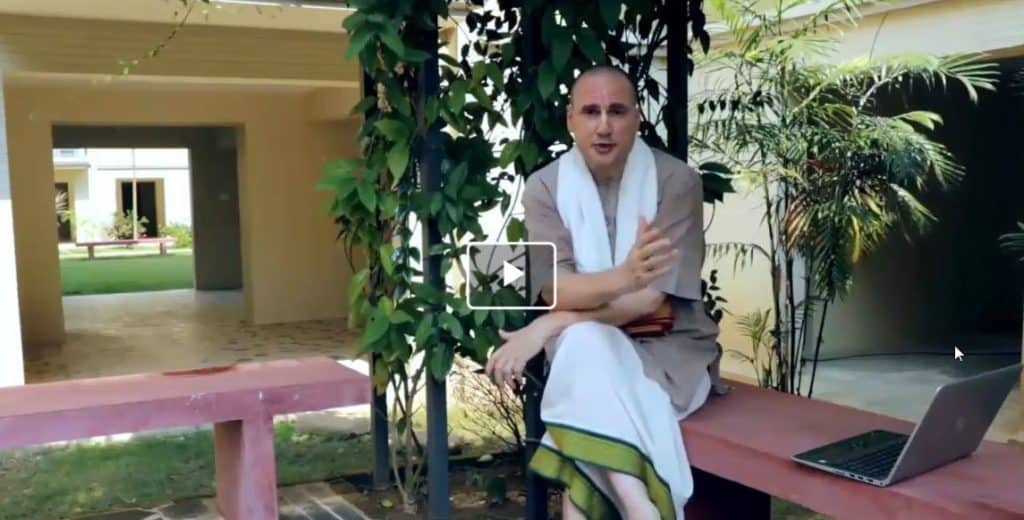How Bhakti Vrikshas Help Temples to Grow?
For a temple to be healthy and well supported, it needs the assistance of its congregation. The Bhakti Vriksha program fulfills the Temple’s need of readily available manpower, financial help, and enhancing the community’s devotional growth. ISKCON Bahardurgarh Temple President, Nityananda Asraya das, shares his experience in growing a supportive congregation through Bhakti Vrikshas. He […]
How Bhakti Vrikshas Help Temples to Grow? Read More »
